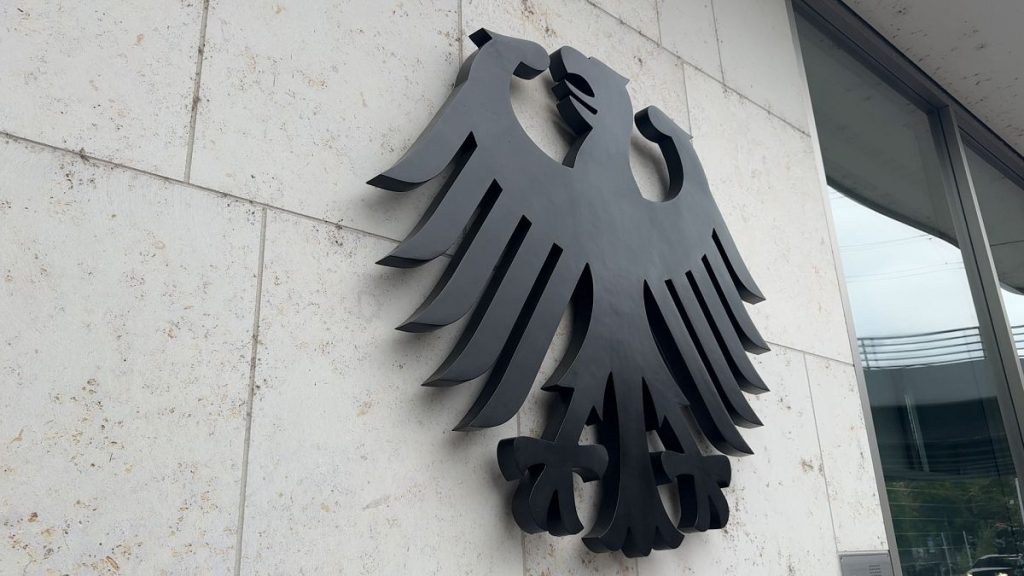Germany is implementing stricter border controls along its land borders with France, Belgium, the Netherlands, Denmark, and Luxembourg starting next week. These measures come on the heels of deadly migrant attacks that have stirred public anger and led to far-right gains in recent state elections. The stricter controls will remain in place for at least six months and are being introduced as a “last resort” following a series of knife attacks by migrants. The opposition party in Germany, CDU, ended negotiations with the ruling coalition regarding migration controls, citing a lack of agreement on effective measures. The state of Brandenburg is set to vote soon, and polls suggest that security is a top priority among voters.
Tighter controls are already in place at the Austrian, Swiss, Czech, and Polish borders, and the German government hopes that by introducing new, stricter measures, it can continue to return thousands of migrants at the border. The border controls allow police to turn back individuals deemed not in possession of valid entry documents or deemed to be a security risk. The German Interior Ministry reported that 30,000 migrants have been turned back at the border with Austria over the past 11 months. Despite the resumption of deportations to Afghanistan in August, an anti-migration sentiment has been growing in Germany over the past nine years, especially following the influx of refugees in 2015 from countries like Syria. Parties on the far-right and far-left have been capitalizing on the government’s decisions regarding asylum seekers, including granting asylum to 1 million Ukrainians who fled Russia’s invasion in 2022.
A recent study by the German Economic Institute found that foreign workers generated €24.6 billion in revenue in the five east German states between 2018-2023. This indicates the significant role that foreign workers play in contributing to the economy. However, experts warn of the dangers posed by the far right, not just in their potential to gain enough votes to govern alone but also in the risk that left-leaning parties may adopt far-right policies to appeal to voters, especially with federal elections approaching next year. The German government’s decision to grant asylum to Ukrainian refugees has stirred controversy, as it comes amid high levels of inflation, rising costs of living, and an energy crisis that has led to business closures in Germany.
The migrant attacks that have fueled public anger and led to far-right gains in recent state elections are prompting Germany to introduce stricter border controls with neighbouring countries. The government’s move to implement these measures as a “last resort” follows a series of deadly knife attacks by migrants, with CDU leader Friedrich Merz suggesting that the ruling coalition cannot agree on effective migration controls. As the state of Brandenburg prepares to vote, security remains a top concern for voters, leading to the tightening of controls at the borders with Austria, Switzerland, the Czech Republic, and Poland. The decision to turn back migrants without valid entry documents or who pose a security risk reflects the government’s efforts to address public concerns regarding migration.
The anti-migrant sentiment in Germany has been growing for years, particularly after the influx of refugees in 2015 and the subsequent decisions on asylum seekers, including granting asylum to Ukrainian refugees fleeing the Russian invasion in 2022. Despite the economic contributions made by foreign workers, the rise of far-right parties and the adoption of their policies by left-leaning parties pose risks to the political landscape. The far-right may not gain enough votes to govern alone, but their influence could push centrist parties to adopt more stringent policies on migration to win back voters. With federal elections approaching, the government’s handling of migration and asylum seekers remains a contentious issue.


